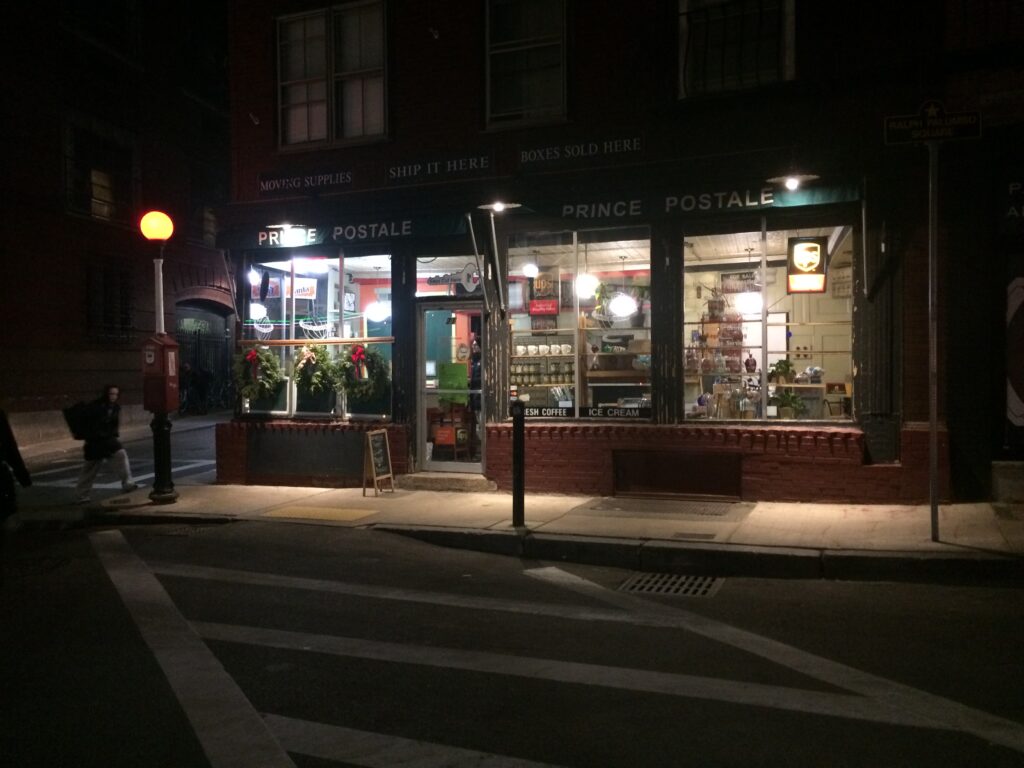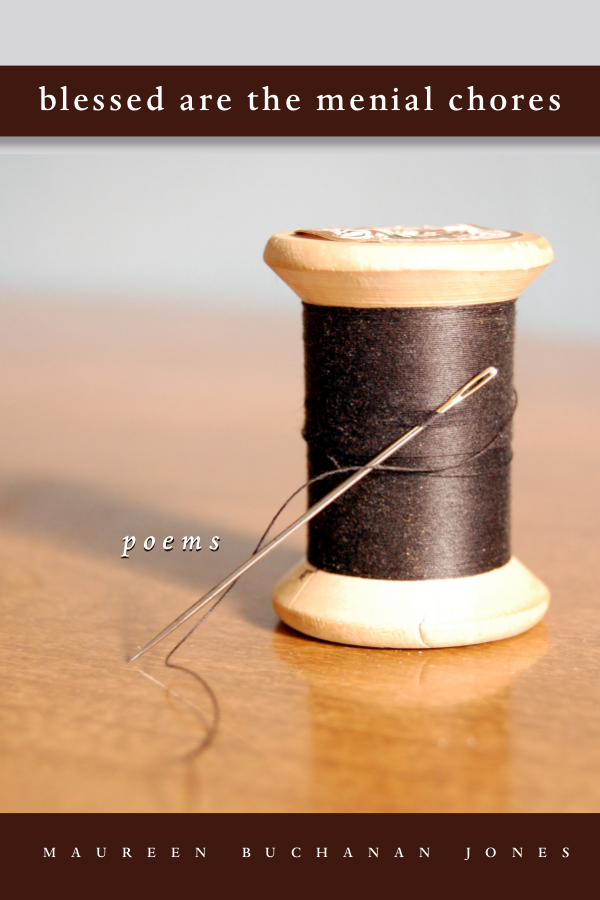Critique: borrowed from French, borrowed from Latin critica, borrowed from Greek kritiké: discerning, capable of judging. What does it mean to be capable of judging the art of writing?
In college I was given an assignment to choose a writer I did not like and write a critique of a poem, essay, or short story. I chose the English poet and satirist Alexander Pope. I dislike him primarily for his misogyny. As I studied his writing, however, I saw his craft. We have him to thank for Fools rush in where angels fear to tread; To err is human, to forgive divine, and Hope springs eternal. I despise his opinions but admire his genius with language.
A friend of mine wallpapered her living room with patterned paper. It wouldn’t have mattered if she had used plain white, the result would have been just as disastrous. Everyone who came into the room immediately saw the flaws, how the pattern didn’t match up, the bubbles at the edges, the slightly askew alignment of the strips. Everyone and anyone could identify what was wrong with the job. It did not take an expert to see what was wrong. I once worked for a professional painter and wallpaper hanger, mostly cleaning brushes and doing prep work. I watched the careful application of glue then “booking” a strip of paper by folding the ends in to meet the middle and letting it rest before beginning to hang the strip. And I learned that hanging patterned wallpaper doesn’t start at the corner. I watched an expert paper around the windows and doorways with diagonal cuts and work away from the light.
What does wall paper have to do with Alexander Pope? The art of critiquing is not to find all the ‘errors.’ It is to notice what is going on, both what is successful and what is not successful. From both my experiences of examining Pope’s work and watching a master wallpaper hanger, I learned that almost anyone can find mistakes. It doesn’t take a lot of skill to notice when something is out of whack. But it does take skill to recognize when something contains precision, balance, lyricism, exacting care, and achieves a masterful effect. We call a well wallpapered room seamless because the seams are invisible except to those who know the craft. We call a powerful poem timeless because we are still quoting it today. A useful critique is based on knowing the craft and then knowing how to deliver that knowledge so it can be used, not to claim authority over someone else’s work, but to share knowledge so the writer as artist can add to their repertoire of skills. A good critique ends with every writer inspired by what can happen next.
Join Me For Five Days Of Writing!
February Writing Retreat in Malibu! Two spaces available: February 12 – 16, 2024. The hills overlooking Malibu Bay are the perfect setting for a writing getaway. Bring your already-started or your not-yet-begun writing ideas! All writers are welcome, no matter the genre, no matter the level of experience. For more information: maureen@maureenbjones.com https://www.writingfulltilt.com/retreats/
Prompt Photo




